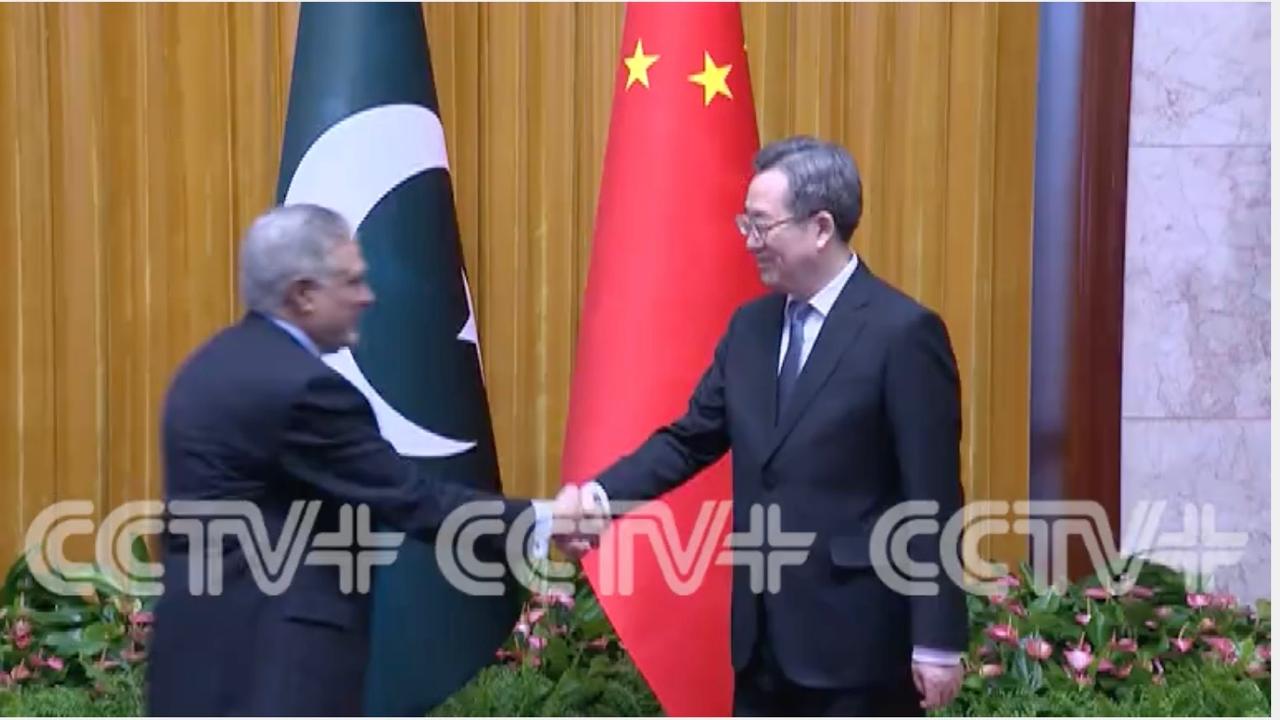In today’s fast-paced digital age, the rise of misinformation has become an escalating concern, reshaping the way information is consumed and disseminated. The prevalence of fake news, deliberate misinformation, and the blurring of lines between fact and fiction underscore the challenges we face in this evolving media landscape.
The widespread use of social media platforms has played a significant role in amplifying the spread of misinformation. News stories can now travel across the globe in a matter of seconds, often without undergoing the accurate fact-checking processes traditionally associated with reputable journalism. This rapid dissemination has created an environment where misinformation can flourish, impacting public perceptions and influencing decision-making.
Fake news is not limited to politics; it affects everything from health and science to entertainment and beyond. False or misleading information can have far-reaching implications, causing confusion, compromising trust in institutions, and even threatening public health and safety.In the wake of the pervasive rise of misinformation, educational institutions and governments play a pivotal role in equipping individuals with the tools needed to navigate this complex information landscape. As the challenges posed by fake news continue to evolve, some crucial guidelines for educators and policymakers to foster media literacy and responsible information dissemination, Educational institutions should proactively incorporate media literacy education across disciplines. By integrating critical thinking skills and an understanding of information sources into curricula, students can develop the resilience needed to discern accurate information from misleading content. Conduct regular workshops on digital literacy to empower both students and educators. These workshops can cover topics such as fact-checking, source verification, and recognizing the hallmarks of misinformation, fostering a culture of responsibility and skepticism towards online content. Create an environment that encourages open dialogue about the impact of misinformation. By fostering discussions about current events, media influence, and the importance of diverse perspectives, educational institutions can cultivate critical thinking skills and an awareness of potential biases.
Governments should consider enacting legislation or regulations that address the spread of misinformation without compromising freedom of expression. Striking a balance between combating misinformation and safeguarding democratic values is crucial. Allocate resources to comprehensive media literacy campaigns targeting citizens of all ages. These campaigns should emphasize the importance of verifying information, understanding media biases, and responsibly sharing content. Governments should collaborate with technology companies to enhance algorithms and features that promote the visibility of credible information while mitigating the reach of misinformation. Encouraging transparency in algorithmic processes is essential for building public trust.
In the collective efforts to combat misinformation, collaboration between educational institutions, governments, and technology companies is paramount. By adopting these guidelines, we can work towards a society that values truth, critical thinking, and responsible information sharing, mitigating the adverse effects of misinformation in the era of fake news.
Author: Syeda Ghazia Shah (NUML) Islamabad
 0092-313-5000-734
0092-313-5000-734





